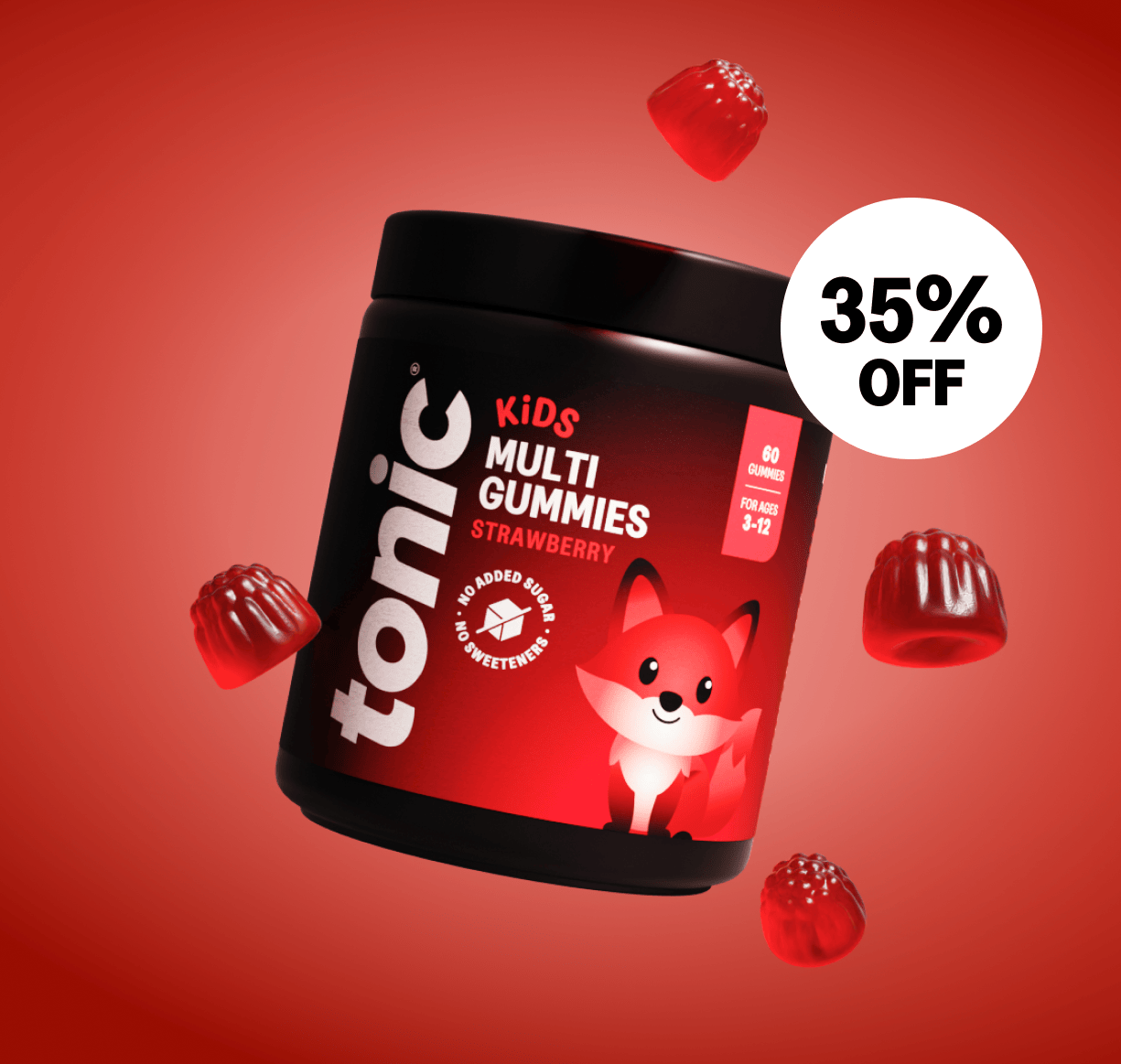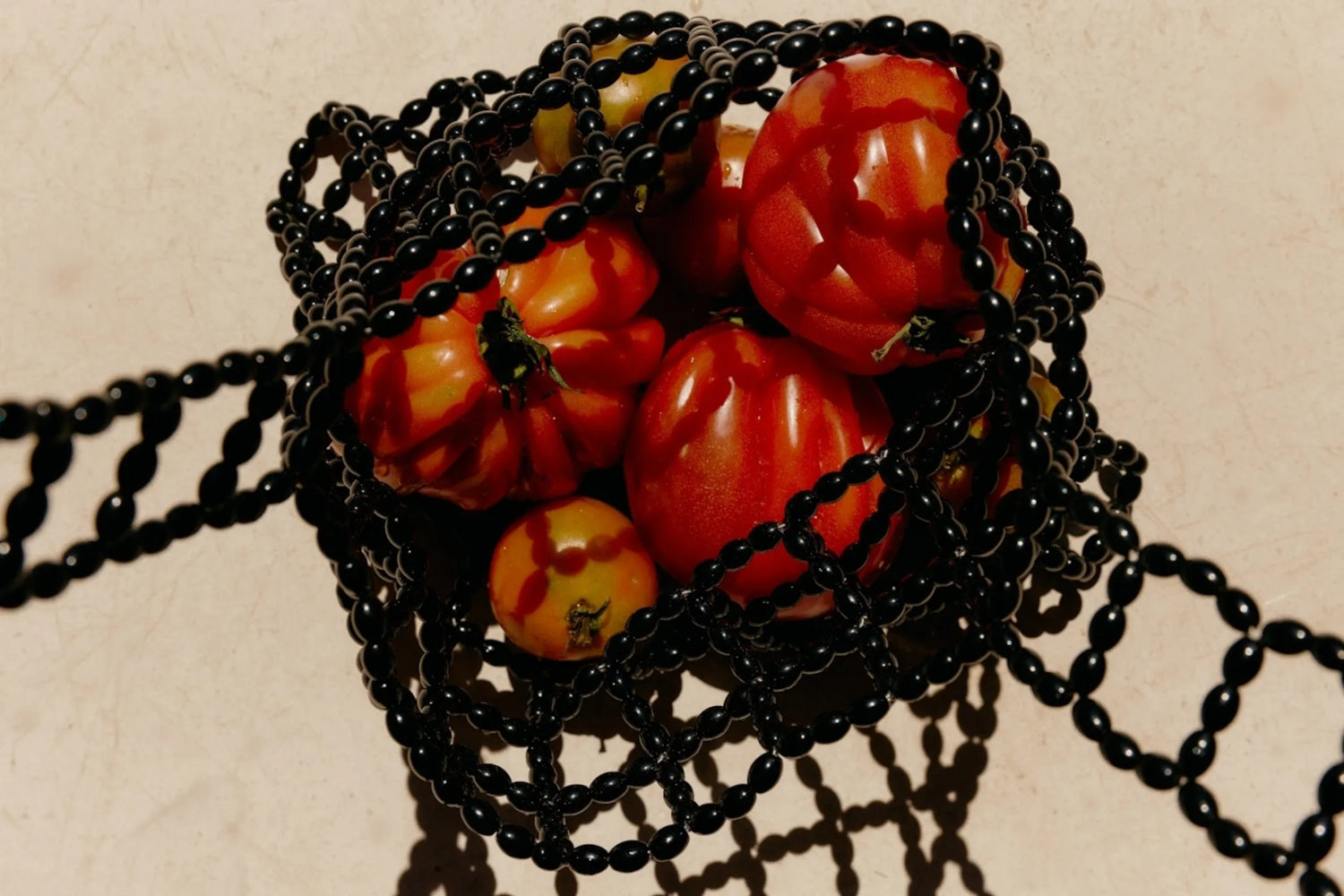It’s not as simple as fresh or frozen wins all, there are benefits to both but they are circumstantial, it depends on what the product is, the time of year and where you are in relation to where the product has grown or been harvested. These are just a few factors to consider when differentiating between a fresh or frozen foods. Let’s take a deeper look into the supermarkets and compare some products, highlight some benefits and look for some ways to get better nutrition at better prices 🤩
Benefits/Advantages
When it comes to fresh foods, there's a lot to appreciate:
Nutritional Value: Fresh foods are known for their abundance of vitamins, minerals, and antioxidants, which are essential for our well-being. Don’t be afraid to freeze fresh foods to prevent food waste either if you don’t think you will use them before their best.
Flavour and Texture: Fresh produce often boasts superior taste and texture, offering a delightful culinary experience.
Support for Local Farmers: By choosing fresh foods, we contribute to local agriculture and the sustainability of our communities 🚜
Frozen foods offer several advantages that shouldn't be overlooked:
Convenience and Accessibility: Frozen foods are available year-round, providing a convenient option when fresh produce is not readily accessible. Frozen veggies like broccoli, cauliflower and spinach often come prepared, for example in florets, or with spinach they are frozen into little portions which are both easy to grab straight from the freezer.
Nutritional Preservation: Frozen fruit and vegetables are harvested when ripe, and at their peak nutritional value they are then flash frozen. Freezing can help lock in essential vitamins and minerals in foods such as fruit and veg, ensuring their nutritional value are maintained 👍
Affordability: Frozen foods often present a more budget-friendly choice, allowing individuals and families to make healthier options accessible. Frozen fish is often much cheaper than fresh, in some cases up to 40% cheaper and more often than not has actually already been frozen, so not only is it cheaper it will last longer too 🤩 Biggest take home for frozen veggies is spinach, frozen veggies are minimally processed and then flash frozen. For example with spinach, they blanch it and then bundle it into little pucks or brickets which means you actually end up getting even more spinach for your money, let's be honest we have all been there, you buy a bag of fresh spinach, as soon as you put it in a pan it disappears to practically nothing 😣
Drawbacks & Limitations
Fresh foods do come with their own set of considerations:
Limited Availability and Shelf Life: Fresh foods such as fruit and vegetables are often seasonal due to the climate in the UK, making it challenging to enjoy them year-round. Foods that are imported are often picked before ripe and their nutritional value has reached full potential, they then travel for days even weeks, sometimes travelling thousands of miles before they hit the shelves. Additionally, the nutritional profile begins to deplete as soon as it’s harvested.
Cost Factors: Fresh foods, particularly out-of-season or organic produce, can be more expensive compared to their frozen counterparts, plus like mentioned above will likely travel miles and miles before you consume them.
Food Waste Concerns: Without proper storage and quick consumption, fresh foods are susceptible to spoilage, resulting in potential food waste. For help preventing food waste check out this article from WRAP.
While frozen foods have their perks, it's essential to be aware of their limitations:
Texture and Taste: Some frozen foods may experience a loss of texture or altered taste during the freezing process, which might affect the overall culinary experience.
Additives and Preservatives: Certain frozen foods may contain additives or preservatives to enhance their shelf life or improve flavour, potentially impacting their nutritional quality. For example, you might pick up a bag of sweet potato fries from the frozen aisle and think it’s just sweet potato cut into fries, but there is often added seed oils or flavour enhancers (watch out for these), in this case you would be better opting for a whole sweet potato and making your own fries 🍟
Mindful Selection: Reading labels and opting for minimally processed frozen options is crucial to ensure you make the healthiest choices. As mentioned above the label is your best friend when it comes to frozen foods, some are simply a frozen whole food, like berries or spinach, but be cautious of some prepped veg, for example there may be a bag of broccoli and cauliflower florets on one shelf which is simply veg, on another shelf there could be a seasoned bag of the same veggies but these have added flavourings, sugar and preservatives.
The same morals apply with what we share on social medial around food, health and well-being, when applied to fresh and frozen foods, it’s about picking which one’s work for you, small changes can have a big impact on your life as well as the money in your pocket.






Leave a comment
All comments are moderated before being published.
This site is protected by hCaptcha and the hCaptcha Privacy Policy and Terms of Service apply.